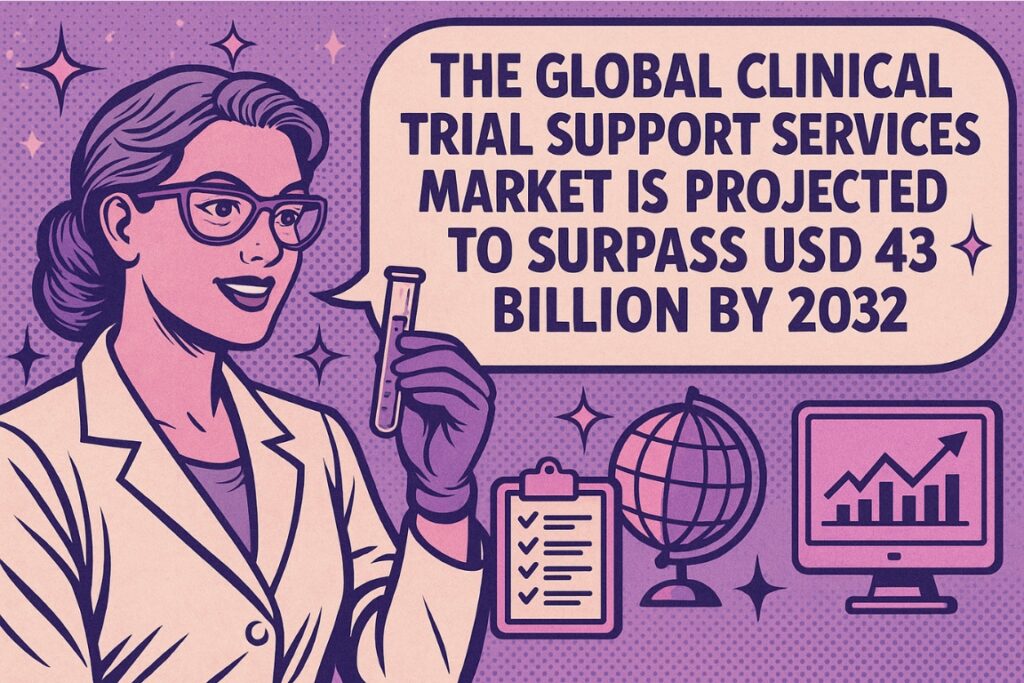Clinical Trial Support Services: Enhancing Recruitment and Retention
08 Sep 2025 By: Maria Rush
Updated
If you’ve ever run a clinical trial, you know the story: a great protocol on paper, lots of excitement. Then you hit a wall. Recruitment slows, participants drift away, and a once‑promising study gets bogged down. The truth is, science isn’t the only thing that makes or breaks a trial. It’s the people. And that’s why the right clinical trial support services can turn roadblocks into progress.

Why Clinical Trials Need More Than Great Science
Every clinical trial is ultimately a conversation between researchers and participants. When someone calls to ask about your study, the first few moments set the tone. An unclear answer or a cold script can scare off an interested volunteer. On the other side, a warm, knowledgeable person who can explain things simply builds confidence. Experts in the field point out that if callers don’t get quick, accurate answers during the pre‑screening stage, many will decide not to join.
That human touch is what clinical trial support services brings. These are not run‑of‑the‑mill call center agents. They’re trained specifically on your protocol, so they know how to translate complex concepts into plain language. They treat each caller as an individual. That’s not just good customer service; it’s a proven strategy for improving recruitment and retention.
Reaching Diverse Populations
Clinical trials need diversity. But reaching underrepresented communities isn’t as simple as sending out a flyer. People have real barriers. Work shifts, language differences, and sometimes a lack of trust in the healthcare system. A blanket advertising campaign isn’t going to fix that. A dedicated call center can. By staffing multilingual team members and offering 24/7 access, you ensure that a night‑shift worker can call after hours. And still speak with someone who understands their language and culture. When you respect someone’s reality, they’re far more likely to join and stay in your study.
Keeping Participants Engaged

Getting volunteers in the door is just the beginning. Life is messy. Kids get sick, cars break down, and appointments are forgotten. A proactive support team anticipates these things. They don’t just answer questions. Your support team also help with transportation issues and troubleshoot digital diaries. They can even point participants to childcare resources. They follow up personally and make sure each volunteer feels valued. A simple “How are you doing?” call can remind someone why they signed up and keep them in the study.
What Clinical Trial Support Services Do
So what do clinical trial support services actually do day to day? Think of it as a one‑stop coordination hub:
- They create a dedicated phone number for your study, so potential participants always know how to reach you.
- Healthcare trained staff manage recruitment and retention, handling pre‑screening calls with professionalism.
- Live agents answer phones seven days a week, so there’s always a real person on the line.
- Automated systems keep outreach going after hours, engaging people around the clock.
- They schedule appointments and send reminders to help participants stay on track.
- They track data and report back to you, so you can adjust your recruitment strategy on the fly.
- Online screening tools confirm eligibility quickly and accurately.
- Everything is tailored to your protocol. No one-size-fits-all solutions here.
During enrollment, these teams handle targeted outreach, walk participants through consent, and integrate with your data systems. They provide multilingual support and answer calls around the clock, making sure no one is left out. After enrollment, they keep participants engaged with regular check-ins and clear updates.
Choosing the Right Partner
Not every call center has what it takes to provide clinical trial support services. Look for teams staffed by healthcare professionals who know the ins and outs of trial processes. Make sure they follow HIPAA and other regulations, this is not optional. Ask whether they can integrate with your existing systems, and whether they can communicate in the languages your participants speak. A good partner will adapt to your study’s needs instead of forcing you into their mold.
Trending Now
Here’s a number that might surprise you: the global market for clinical trial support services is expected to pass $43 billion by 2032. That’s a big jump, but when you look around, it makes sense. Chronic diseases are on the rise, companies are pouring money into research, and clinical trials aren’t getting any simpler. Pharma, biotech, and device makers are teaming up. And the studies themselves are getting more complex. That means the need for outside help is essential.

Source: DelveInsight
Conclusion
Clinical trials are essential for advancing medicine. Running a trial is a bit like conducting an orchestra. There’s the science, the logistics, the participants. Each needs attention at the right time. When you invest in strong clinical trial support services, you allow your research team to focus on the science. While ensuring your participants feel cared for. That leads to better recruitment, fewer dropouts, and more reliable results.
“Medicine, the only profession that labors incessantly to destroy the reason for its existence.”
– James Bryce
Ready to Take the Next Step?
If any of this resonates with you. If you’ve felt the frustration of recruitment delays or watched good participants drift away, you can chat with us. We’d love to hear about your study.
Talk to us and let’s see how our tailored support can help your trial run smoother, faster, and with a lot fewer headaches.


